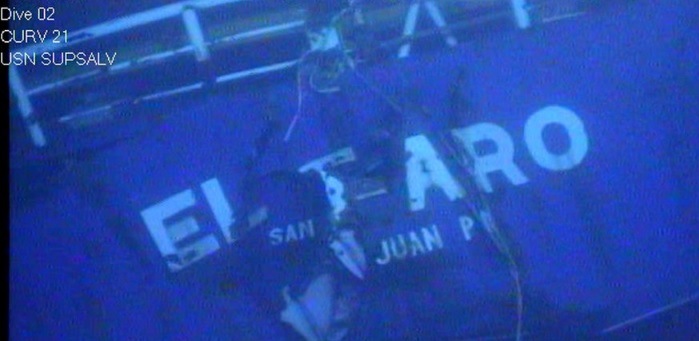The US House of Representatives approved the legislation to address maritime transportation safety issues raised by the El Faro sinking, promote the US Coast Guard’s awareness of technologies that could help improve Service mission performance, and reduce marine debris.
The Save Our Seas Act combines several pieces of bipartisan legislation recently approved by the Transportation and Infrastructure Committee, including:
- The Save Our Seas Act promotes national and international efforts to address the increasing amount of marine debris into the oceans. This provision urges the administration to support research and development on systems and materials that would reduce the amount of waste that enters the ocean and work with nations that discharge large amounts of waste into the ocean by sharing technologies and infrastructure to prevent, reduce, or mitigate those land-based sources from entering the marine environment.
- The Maritime Safety Act of 2018 addresses maritime safety issues that were raised in the Commandant of the Coast Guard’s final action memo in response to the sinking of the El Faro. This provision of the bill will ensure timely weather forecasts, emergency safety gear with locator beacons, float-free voyage data recorders with integrated emergency position indicating beacons, and other safety improvements.
- The US Coast Guard Blue Technology Center of Expertise Act (H.R. 6206) establishes a Blue Technology Center of Expertise to help promote awareness within the US Coast Guard of the range and diversity of so-called Blue Technologies – new and emerging maritime domain awareness technologies, especially more cost effective unmanned technologies – and how the use of such technologies could enhance u Coast Guard mission readiness and performance. The bill also enables the sharing and dissemination of Blue Technology information between the private sector, academia, nonprofits and the Coast Guard.
Subcommittee on US Coast Guard and Maritime Transportation Chairman Duncan Hunter, stated:
This legislation will help keep our oceans cleaner, keep our mariners safer, and help the Coast Guard to acquire new technologies to meet their mission needs.
[smlsubform prepend=”GET THE SAFETY4SEA IN YOUR INBOX!” showname=false emailtxt=”” emailholder=”Enter your email address” showsubmit=true submittxt=”Submit” jsthanks=false thankyou=”Thank you for subscribing to our mailing list”]
As far as the El Faro incident is concerned, the US Coast Guard has issued an official investigation report on cargo vessel El Faro, which sank along with its 33 member crew, in October 2015, becoming one of the worst maritime disasters in US history.
The investigation report on El Faro cargo vessel found that the captain underestimated the strength of a hurricane and overestimated the ship’s strength on a trip between Florida and Puerto Rico. Also, ship’s owner, Tote Maritime Inc., had not replaced a safety officer and had violated regulations regarding crew rest periods and working hours.






























































